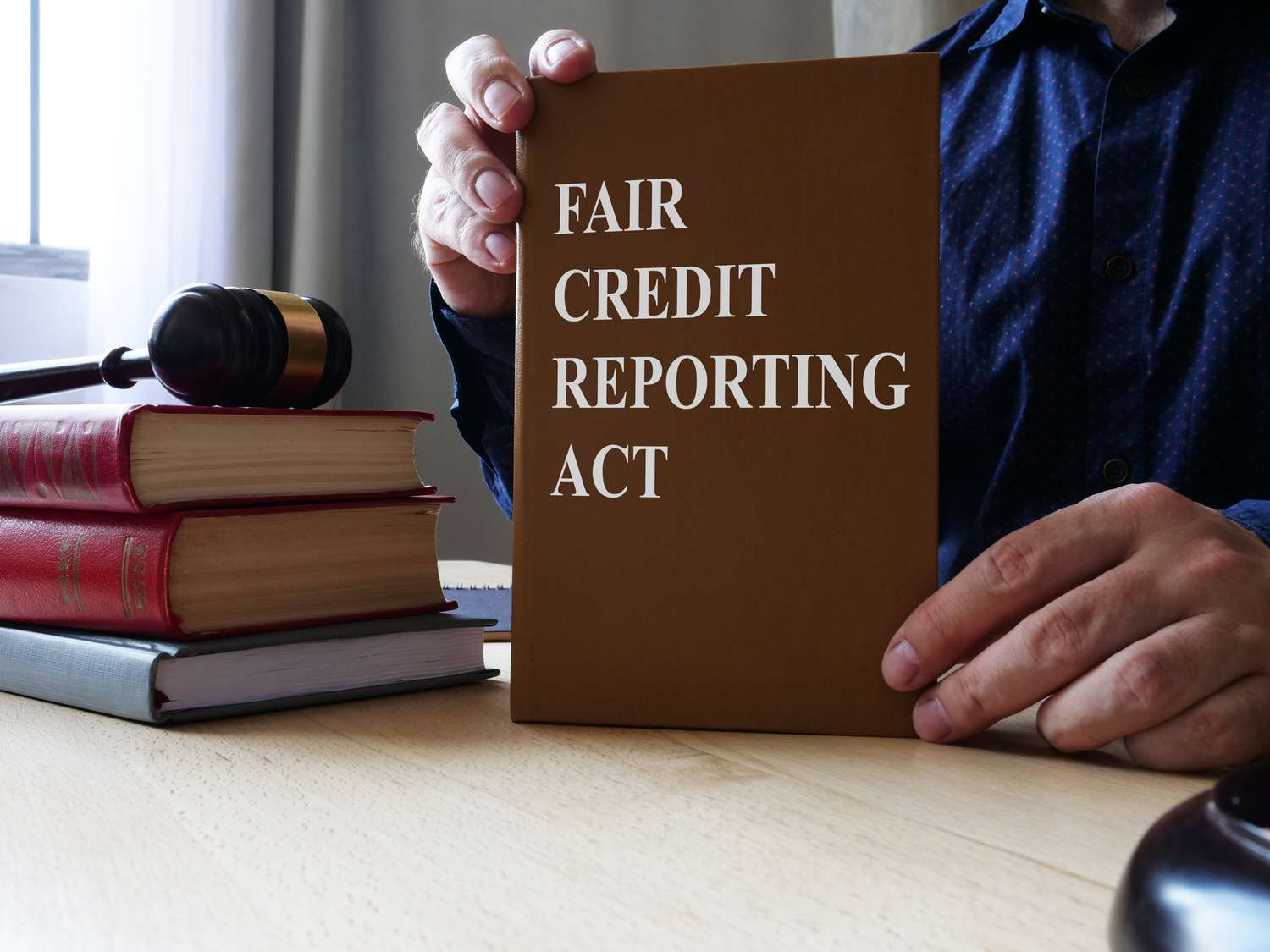The Fair Credit Reporting Act lawyer (FCRA) is a crucial piece of federal legislation enacted to promote fairness, accuracy, and privacy of consumer information contained in the files of consumer reporting agencies (CRAs). The Act outlines guidelines that CRAs, creditors, and other businesses must follow when handling consumers’ credit information. The FCRA aims to protect consumers from inaccurate, incomplete, or unfair reporting of their credit information and empowers individuals with right to access and correct their credit reports.
History and Background
The FCRA was passed by the U.S. Congress in 1970 to address growing concerns about the accuracy, fairness, and privacy of information held by CRAs. It was a response to instances of erroneous credit reporting and the lack of consumer control over their credit information. Over the years, the Act has been amended several times to adapt to changing technology and consumer needs.
Key Provisions of the FCRA
what is the Fair Credit Reporting Act? the Fair Credit Reporting Act is a comprehensive law that establishes specific rights for consumers regarding their credit information. Some of its key provisions include:
- Access to Credit Information:
Consumers have the right to request and obtain a copy of their credit report from a CRA free of charge once every 12 months. Additionally, consumers are entitled to a free credit report if they have been denied credit based on information contained in their credit report.
- Accuracy and Dispute Resolution:
CRAs must maintain reasonable procedures to ensure the accuracy of the information they report. If a consumer disputes the accuracy of information on their credit report, the CRA must investigate the dispute and correct any inaccuracies within a reasonable time frame.
- Consumer Consent:
Consumer reporting agencies generally require the consumer’s consent before furnishing their credit report to a third party. This consent is typically required for purposes such as credit applications, employment screening, or insurance underwriting.
- Adverse Action Notices:
When an adverse action (such as denial of credit) is taken against a consumer based on information from their credit report, the creditor or employer must provide the consumer with an adverse action notice. This notice includes information about the CRA that provided the report and how to obtain a free copy of the report.
- Identity Theft Protection:
The FCRA includes provisions to assist consumers in combating identity theft. For example, consumers can place fraud alerts or credit freezes on their credit reports to prevent unauthorized use of their information.
- Limits on Information Retention:
The FCRA imposes limits on how long certain negative information can remain on a consumer’s credit report. For instance, most adverse information must be removed after seven years.
- Regulation of Consumer Reporting Agencies:
The Act mandates that CRAs must follow guidelines to ensure the confidentiality, accuracy, relevancy, and proper utilization of consumer information.
Consumer Rights Under the FCRA
The FCRA grants consumers specific rights and protections related to their credit information. These include:
- Right to Dispute Errors: Consumers can dispute inaccurate or incomplete information on their credit reports with both the CRA and the furnisher of the information (such as a creditor).
- Access to Credit Scores: Consumers have the right to obtain their credit scores, although this may not always be free.
- Privacy and Consent: Consumers must provide consent before their credit report can be accessed by third parties, with some exceptions.
- Protection Against Identity Theft: The Act includes provisions to assist consumers in protecting their credit information from identity theft and fraud.
- Access to Free Annual Credit Reports: Consumers are entitled to a free copy of their credit report from each of the major CRAs (Equifax, Experian, and TransUnion) once every 12 months.
Enforcement and Compliance
The FCRA is enforced by several federal agencies, including the Federal Trade Commission (FTC), the Consumer Financial Protection Bureau (CFPB), and the Office of the Comptroller of the Currency (OCC), among others. These agencies oversee compliance with the Act and take enforcement actions against violators.
Recent Developments and Amendments
Over the years, the FCRA has been subject to various amendments and updates to address emerging issues in consumer credit reporting. For example, recent amendments have focused on improving protections for consumers affected by identity theft and data breaches, as well as enhancing transparency in credit reporting practices.
Enforcement and Compliance
Several federal agencies enforce the FCRA to ensure compliance and protect consumers’ rights. These agencies include:
- Federal Trade Commission (FTC): The FTC oversees and enforces compliance with the FCRA for most entities that are not banks, savings associations, or federal credit unions.
- Consumer Financial Protection Bureau (CFPB): The CFPB also enforces the FCRA and works to educate consumers about their rights under the Act.
- Office of the Comptroller of the Currency (OCC): The OCC oversees FCRA compliance for national banks and federal savings associations.
Recent Developments and Amendments
In recent years, the FCRA has undergone amendments and updates to address emerging issues in consumer credit reporting and to enhance consumer protections. Some recent developments include:
- Enhanced Protections for Identity Theft Victims: Amendments have strengthened protections for consumers affected by identity theft, including provisions for extended fraud alerts and free credit freezes.
- Data Breach Notifications: The FCRA now requires businesses to notify consumers if their information is compromised in a data breach.
- Increased Transparency in Credit Reporting: The CFPB has implemented regulations to improve transparency in credit reporting practices and to make it easier for consumers to dispute errors on their credit reports.
Impact and Importance of the FCRA
The FCRA plays a critical role in protecting consumers’ financial interests and promoting fair and accurate credit reporting practices. By establishing guidelines for CRAs, creditors, and other businesses, the FCRA helps ensure that consumers have access to reliable credit information and can take proactive steps to correct any inaccuracies. The Act also helps protect consumers from identity theft and fraud by empowering them with tools to monitor and safeguard their credit information.
Conclusion
The Fair Credit Reporting Act is a vital piece of legislation designed to protect consumers’ rights and promote accuracy and fairness in credit reporting. By establishing guidelines for CRAs, creditors, and other businesses, the FCRA empowers consumers to take control of their credit information and provides avenues for recourse in cases of inaccurate or unfair reporting. Understanding the provisions of the FCRA is essential for consumers to assert their rights and protect their financial well-being.










